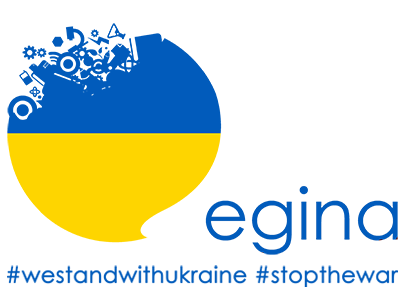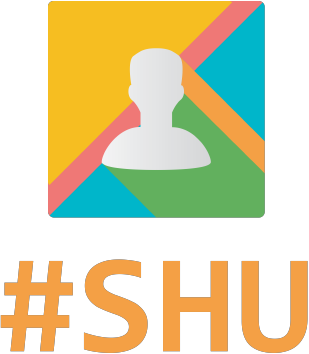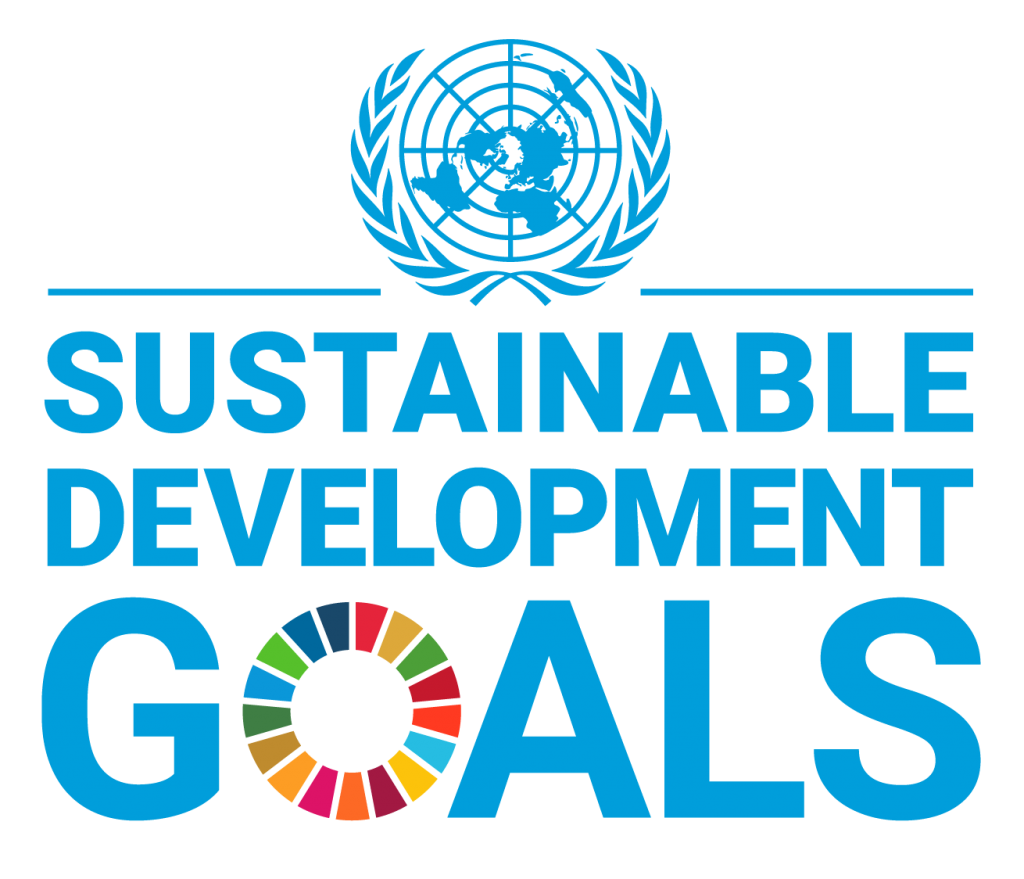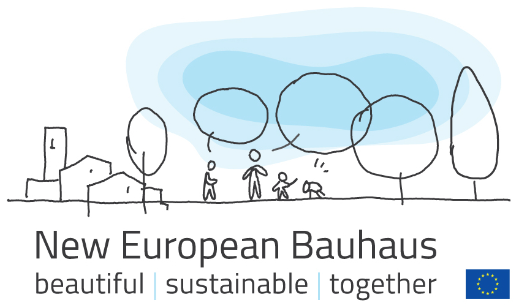The first edition of the Social Hackathon Umbria – #SHU2016 – was promoted at the final event of the project Generation0101, and it immediately demonstrated to have a positive and sustainable impact on all actors involved in the process of co-creating digital solutions to societal challenges.
The initiative has been implemented in the last eight years involving an increasing number of participants (from 80 in 2016 to more than 360 in 2023) who have benefited from various training, capacity building, and networking activities carried out over a period of 3-4 months.
The Social Hackathon Umbria aims to develop the digital skills of young people through preparatory training for a Hackathon aimed at co-creating innovative digital solutions that can enhance individuals and Civil Society Organisations (CSOs) in achieving the Sustainable Development Goals (SDGs) of the United Nations 2030 Agenda.
Since the last edition in 2023, the main event has been joined by a new competition dedicated to those who prefer making to coding. SHU Young Makers edition aims to engage secondary school students participating in SHU in designing interventions that enhance the host village through beauty, inclusion and sustainability, fully embracing the goals and principles of the New European Bauhaus!




